R3 Organizational Summary
Arizona’s R3 strategy began as an Arizona Game and Fish Department special team in 2005. It became immediately clear that one entity cannot provide the volume of opportunity necessary to achieve R3 success. In 2009 many stakeholders joined the call to action and created a steering committee to guide the effort. The collaboration established a common brand, the Outdoor Skills Network (OSN). Coordination is achieved through six steering committee meetings a year and biannual statewide meetings. Together the stakeholders agreed on event standards and best practices for all brand events to maintain consistent expectations for the public. Increased stakeholder collaboration in event hosting has decreased volunteer fatigue and increased the quality of events. Standardized pre and post event surveys have improved attendee satisfaction. With the Department funding an online event manager resource for stakeholders, the OSN has become a destination that is easily shared in Department regulations and across social media platforms to invite new participants. The OSN R3 approach has achieved year-round mentored activities, serving up to 1,500 participants annually and contributing to increased license sales.
 The Plan
The Plan
The Arizona R3 plan evolved from the Hunter and shooting Sports Recruitment and Retention Team report published 2005 with the following objectives:
- Identify opportunities to expand hunter participation in AZ.
- Assess hunter perceptions on barriers to hunter participation.
- Evaluate the Department’s Hunter Ed program for effectiveness.
- Explore models that maximize hunting opportunities.
- Explore innovative approaches and world class event execution.
- Tie proposed models to Department key measure tracking.
With additional input from a selected steering committee, successful models continue to be refined and deliver high levels of customer and volunteer satisfaction.
Steering Committee
The steering committee ensures that the program direction continues to be in alignment with the support of the stakeholder organizations. Members attend six meetings a year to develop Summit agendas, review best practices, and ensure programs are filling the needs of AZ residents based on emerging data.
Members are selected to maintain a balance of organizational profiles and serve for three-year terms.
The Summit
The Arizona Game and Fish Department initiated statewide R3 Summits in 2009. Hosting two stakeholder meetings a year, featuring national speakers and best practices, these meetings created a stable platform to build the collaboration. Beginning in 2012, the Department initiated hosting Outdoor Recreation Business Summits twice a year. The initial goal of business summits was to reintroduce the North American Model of Conservation and how the excise taxes fund conservation to industry leadership. Through continued execution, the business summits quickly evolved into a community of support for marketing, advocacy, and expanded scale of R3 and conservation efforts. The objectives of both summit models evolve through the direct input of the partners who attend and present at these events. Hosting events as a community service builds an informed and activated constituency. It provides R3 partners better resources to approach industry sponsors, while educating the sponsors on the big picture of their donations.
Benefits
- Broader field of input, no idea is a bad idea
- If brought together under one “Network,” ”Community,” or “Taskforce” marquis, provides opportunity for maximum exposure to all stakeholder brands
- If online event manager system is deployed for all stakeholder use, customers are exposed to greatest potential of year-round opportunities
- Online event manager also facilitates greatest possible customer data collection
- When true collaboration is achieved, larger events come together easily with partners sharing the challenge, achieving more complex events with greater range of activity
- Achieve the greatest possible range of activities
- Achieves greatest possible scale
- Achieves greatest variety of experiences
- If minimum event standards are established, provides a consistent customer experience across all programs
Challenges
- Broader field of input with wide range of stakeholder expertise, no idea is a bad idea.
- Can take long to build, is never finished
- First steps take the longest and require dedication
- Requires patience and persistence
- Requires external experts to assist in building cohesion and trust
- Requires full-time staff commitment on part of State Wildlife Agency
- Agency must schedule and host meetings at a regular cadence
- Must always tier coordination and training for stakeholders based on each organization’s sophistication
- Agency must maintain an unassuming coordination role
- Must work through traditional competition among brands
- Must be able to track multiple priority efforts being forwarded by stakeholders
- Must ensure no stakeholder benefits financially from the collaboration
- Must ensure all credit is directed to the collective brand



 massmonopoly
massmonopoly R3 PRACTITIONER’S GUIDE
R3 PRACTITIONER’S GUIDE